‘Hidden Tsunami’ of E-Waste From America Floods Southeast Asia, Posing Risks of Toxic Metal Exposure
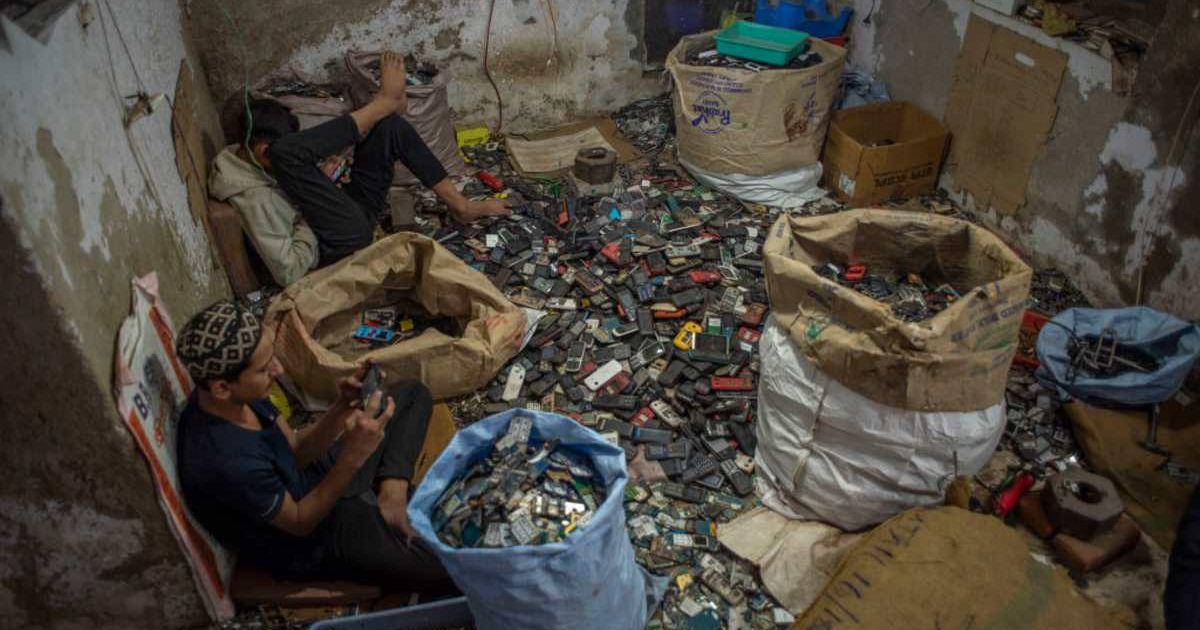
Along with other environmental issues, the world is currently facing a serious issue of rapidly increasing electronic waste, as technology is advancing faster than ever. From old mobile phones and computers to other broken electronic appliances, millions of tons of e-waste are generated every year. It has also been reported that these discarded devices release a few toxic substances that play a major role in polluting the soil, water, and air. Highlighting one such instance, a recent report released by an environmental watchdog claims that every year, tons of discarded electronics from the United States end up in the scrapyards of developing Southeast Asian nations.
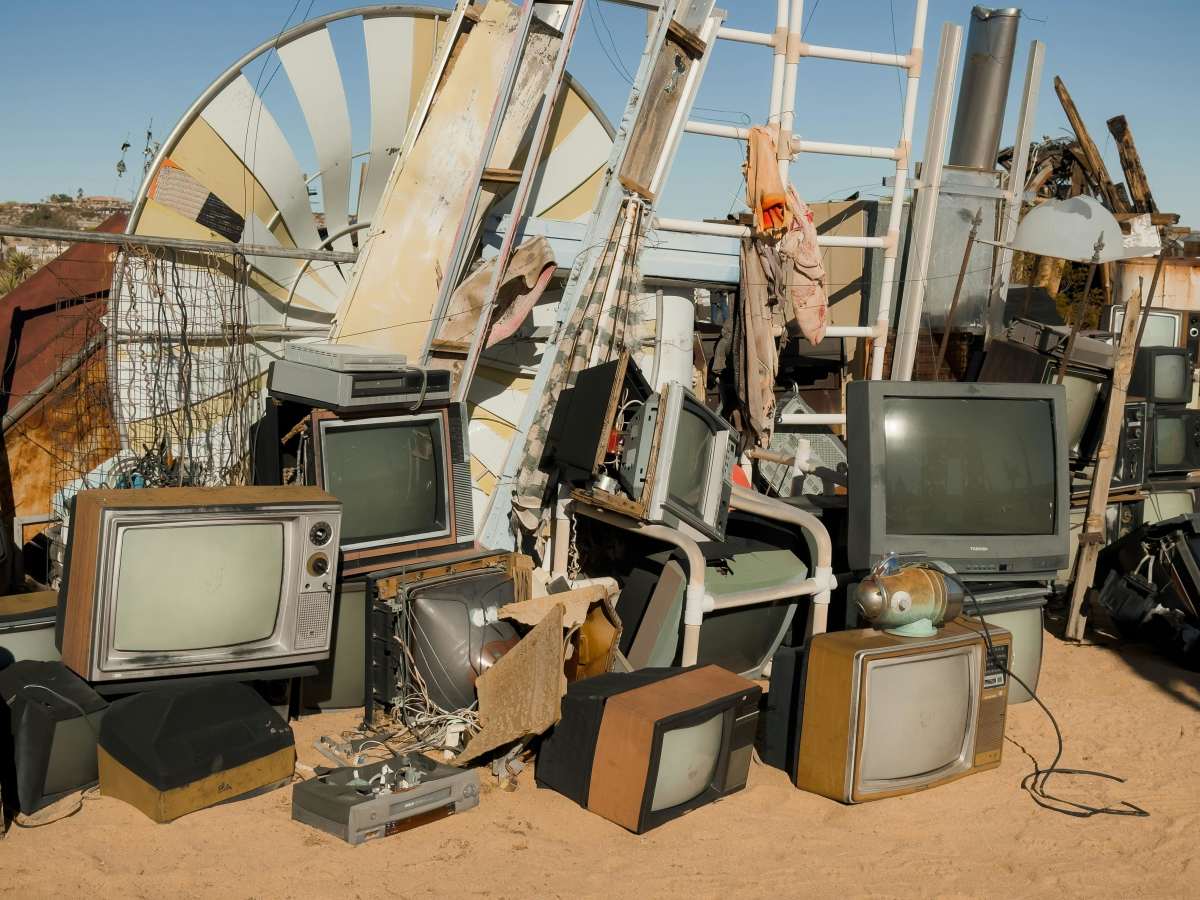
A two-year detailed investigation by the Seattle-based Basel Action Network (BAN) has uncovered that at least 10 U.S. companies are quietly shipping tons of e-waste to countries in Asia and the Middle East. The watchdog group described the scale of this concerning trend as a 'hidden tsunami.' As reported by ABC News, the report stated, "This new, almost invisible tsunami of e-waste, is taking place ... padding already lucrative profit margins of the electronics recycling sector while allowing a major portion of the American public's and corporate IT equipment to be surreptitiously exported to and processed under harmful conditions in Southeast Asia.”
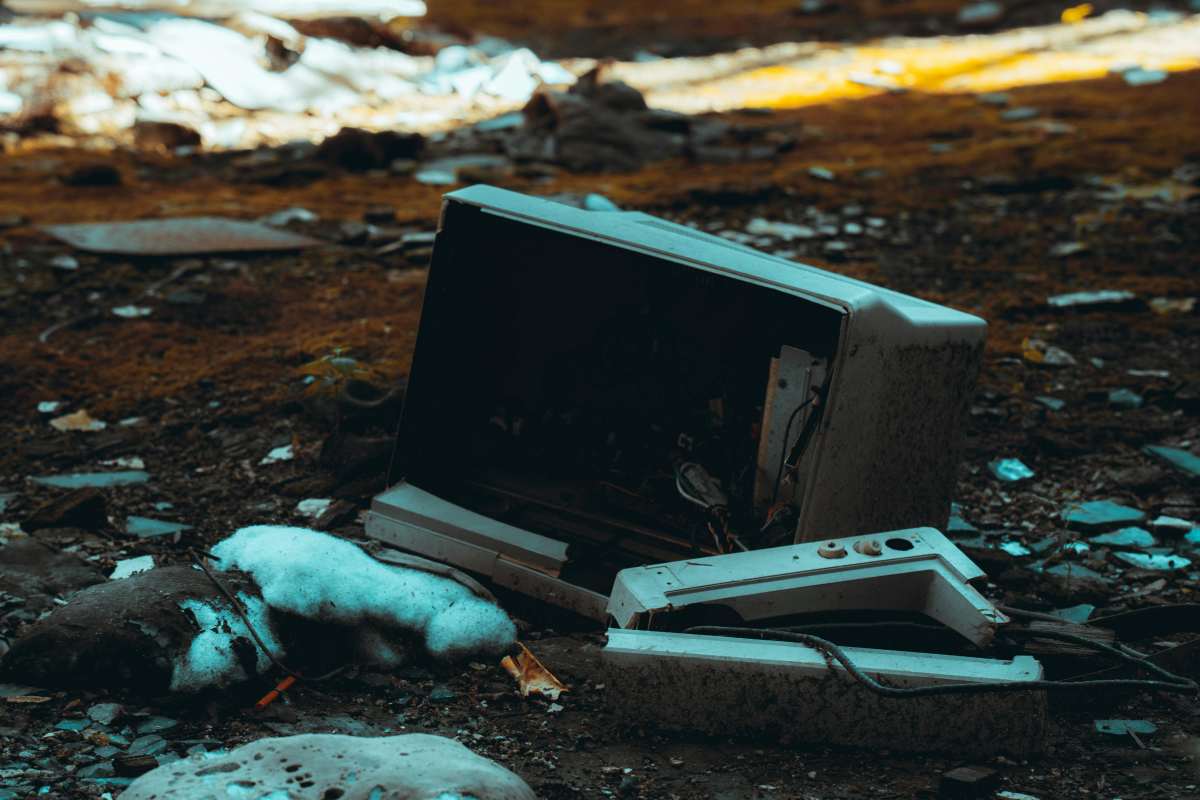
The investigation revealed that several American companies (e-waste brokers), responsible for the shipment, don’t handle the recycling process themselves. Instead, they sell and ship it to developing countries, where the waste often adds to the environmental crisis. While Asia is already responsible for nearly half of the world’s e-waste, it is now taking up an even greater share of the toxic load. Much of this waste is dumped in open landfills, where poisonous metals seep into the soil and waterways. The rest of it reaches the scrapyards, where vulnerable workers dismantle or burn this waste manually, inhaling toxic fumes, just to earn a few dollars a day.
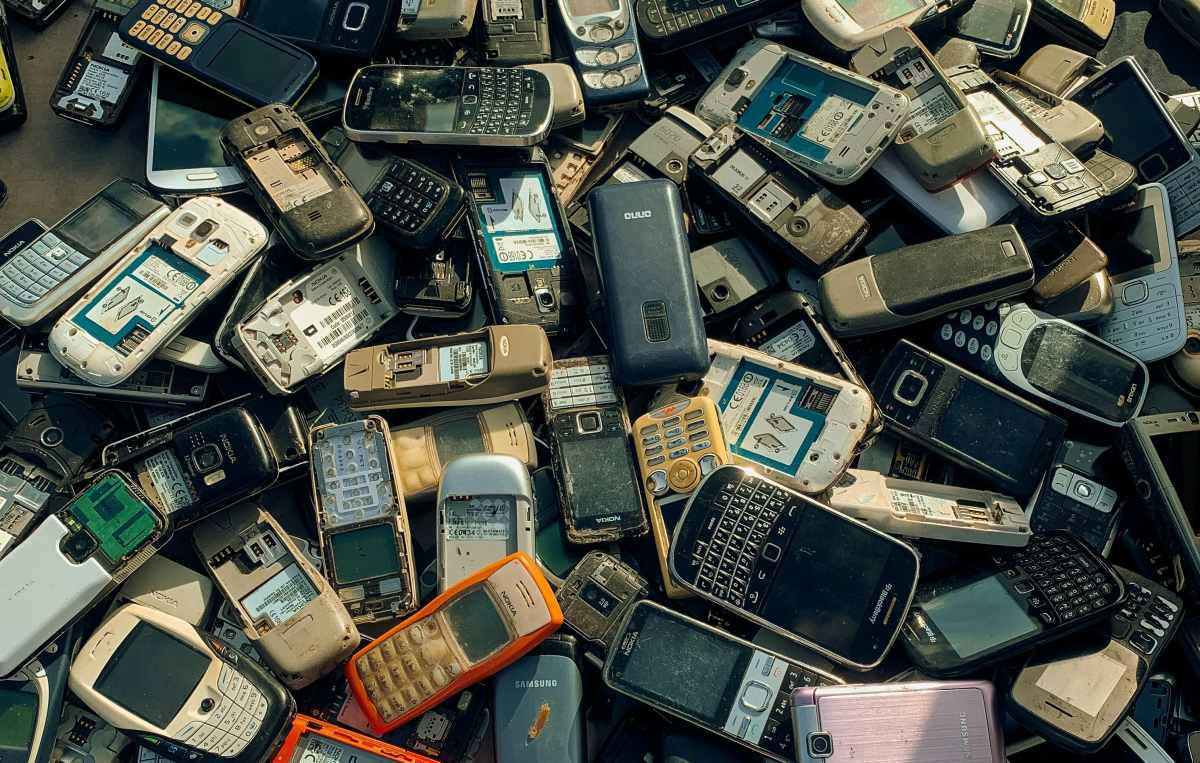
Some of the companies mentioned in the report include Attan Recycling, Corporate eWaste Solutions or CEWS, Creative Metals Group, EDM, First America Metal Corp., GEM Iron and Metal Inc., Greenland Resource, IQA Metals, PPM Recycling, and Semsotai, as reported by Phys.org. Eight of these 10 U.S. companies proudly display R2V3 certifications. This certification is a globally recognized standard that guarantees that their e-waste is handled safely, ethically, and with little to no environmental harm. Yet, their involvement in exporting toxic waste overseas has sparked criticism that the certification system might be used as a cover for their questionable practices.
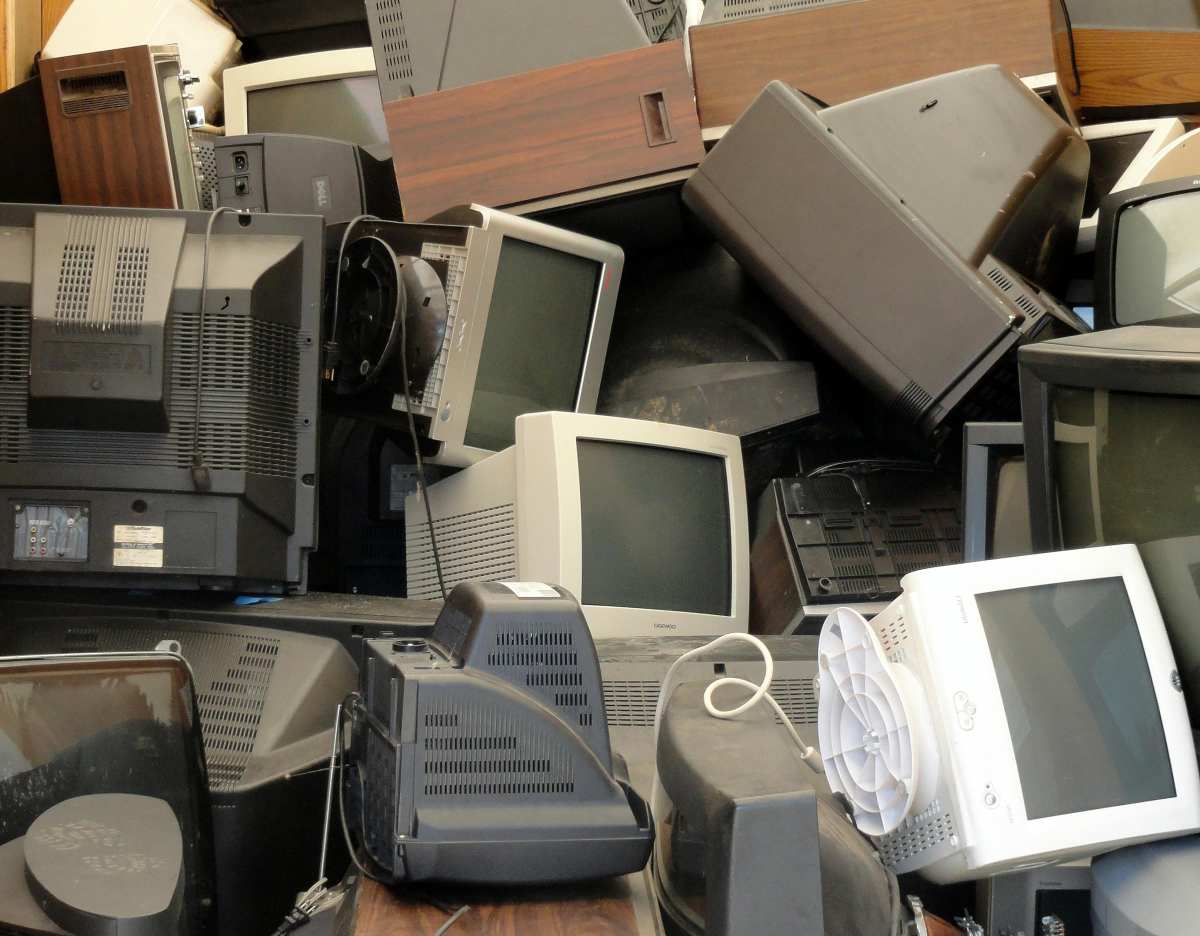
Moving ahead, the investigation also found that U.S. companies often mislabeled e-waste as harmless goods like raw metals or recyclables to avoid getting caught. Records also highlighted that the codes given on the shipments didn’t match their real contents. Meanwhile, on a positive note, Thailand and Malaysia are intensifying their fight against illegal e-waste shipments from the U.S. For instance, in May this year, Thai officials seized around 238 tons of American scrap at Bangkok’s port, while Malaysia uncovered $118 million worth of e-waste in raids a month later.
More on Green Matters
Recycling Is Supposed to Change the Planet — Here's Where Our System Is Ineffective
How Can One Person Reduce Pollution?
'Uber For Garbage' Is Using Technology To Change The Recycling Industry